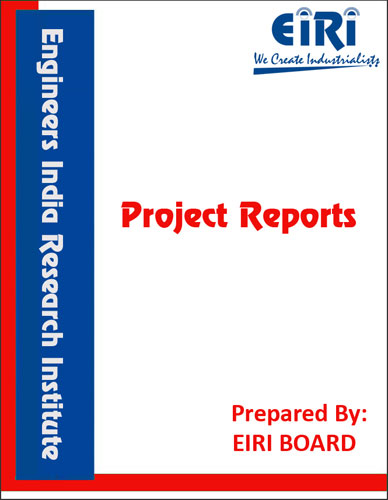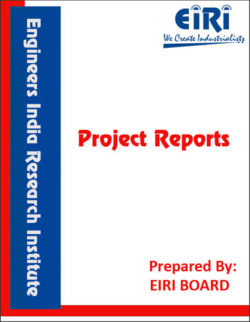ALUMINIUM UTENSILS
The project report includes Present Market Position and Expected Future Demand, Market Size, Statistics, Trends, SWOT Analysis and Forecasts. Report provides a comprehensive analysis from industry covering detailed reporting and evaluates the position of the industry by providing insights to the SWOT analysis of the industry.
We can prepare PROJECT REPORT as per your INVESTMENT PLAN for BANK LOAN REQUIREMENT and INDUSTRY ANALYSIS. All reports are prepared by highly qualified consultants and verified by a panel of experts.
Have Query? Click Here to Chat
Industry Expert is Online, Chat with him for more detail.

Aluminium is on abundant, slightly blue-white metal of high strength-to-weight ratio. Unalloyed aluminium sp.Gr.= 2.70 and its melting point=658.70C (12180F). is nonmagnetic and resistant to corrosion & many chemicals at N.T.P. conditions. Corrosion resistance is provided by a thin film (0.025m thick) of aluminium oxide which quickly form on surfaces exposed to the atmosphere.Pure aluminium is highly malleable with tensile strength = 13000 psi.(in anneale condition). When it is alloyed & heat-treated,its tensile strength can exceed 90,000 psi.
Aluminium is used when high strength with light weight, corrosion resistance, easy machinability formability etc. properties are desired.
Structural shapes of aluminium &its alloys are I-beams, channels,angles,Tees & ‘Zs’ ehich can be produced by rolling & extrusion both sheet plate &foil are made by hot-rolling large rectangular cast ingots to the desired thickness.
Aluminium alloys suitable for processing with all majaor metal-working processes are available . Aluminium sheets have a greater formability than steel or other materails when suitable grades of aluminium are considered. Aluminium plate &sheet caan be formed easily when,preferably,in softer tempere. Forming quality aluminium plate/sheet is designated by 4100-0, while deep drawing quality by 30030. Aluminium & its alloys have an equally good machinability and welding/Brazing &soldering quality. That is why aluminium sheets are used in all fabrication industries to produces innumerable items.
Infots for casting, slab/plate (6.3 to 150 mm.) thick sheet (0.15 to 6.3mm thk) and foils (0.0063 to 0.15mm) are available in the market in soft, medium and hard tempers in specificaation given in the following table.
APPENDIX – A :
1. COST OF PLANT ECONOMICS
2. LAND & BUILDING
3. PLANT AND MACHINERY
4. FIXED CAPITAL INVESTMENT
5. RAW MATERIAL
6. SALARY AND WAGES
7. UTILITIES AND OVERHEADS
8. TOTAL WORKING CAPITAL
9. COST OF PRODUCTION
10. PROFITABILITY ANALYSIS
11. BREAK EVEN POINT
12. RESOURCES OF FINANCE
13. INTEREST CHART
14. DEPRECIATION CHART
15. CASH FLOW STATEMENT
16. PROJECTED BALANCE SHEET



